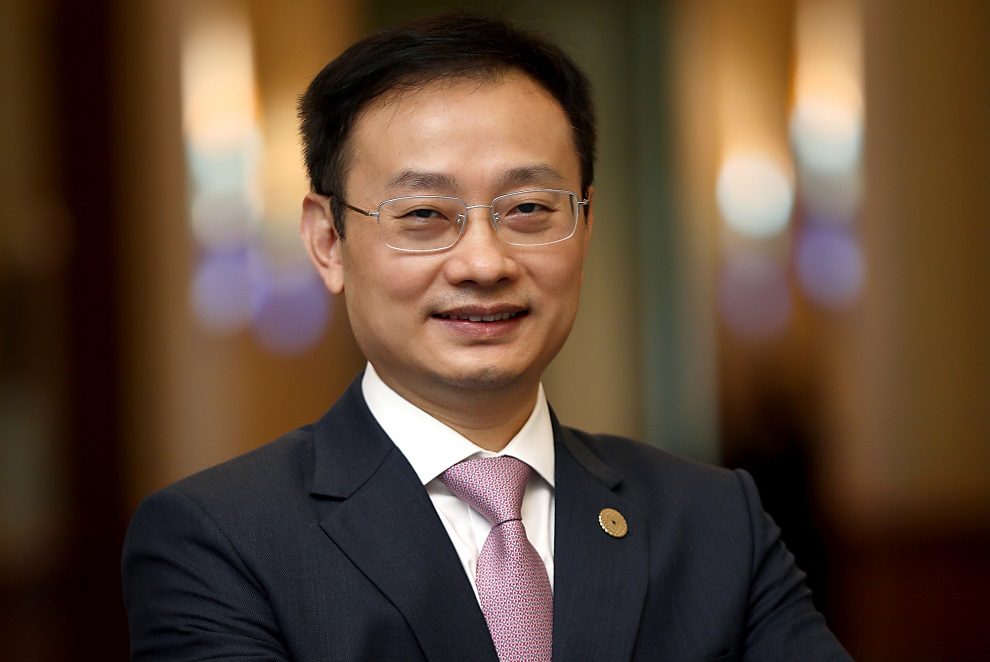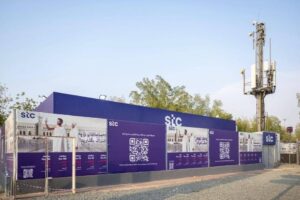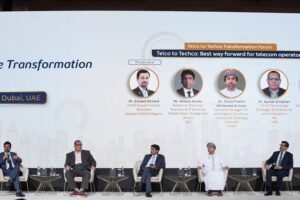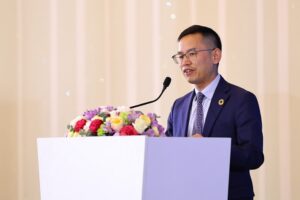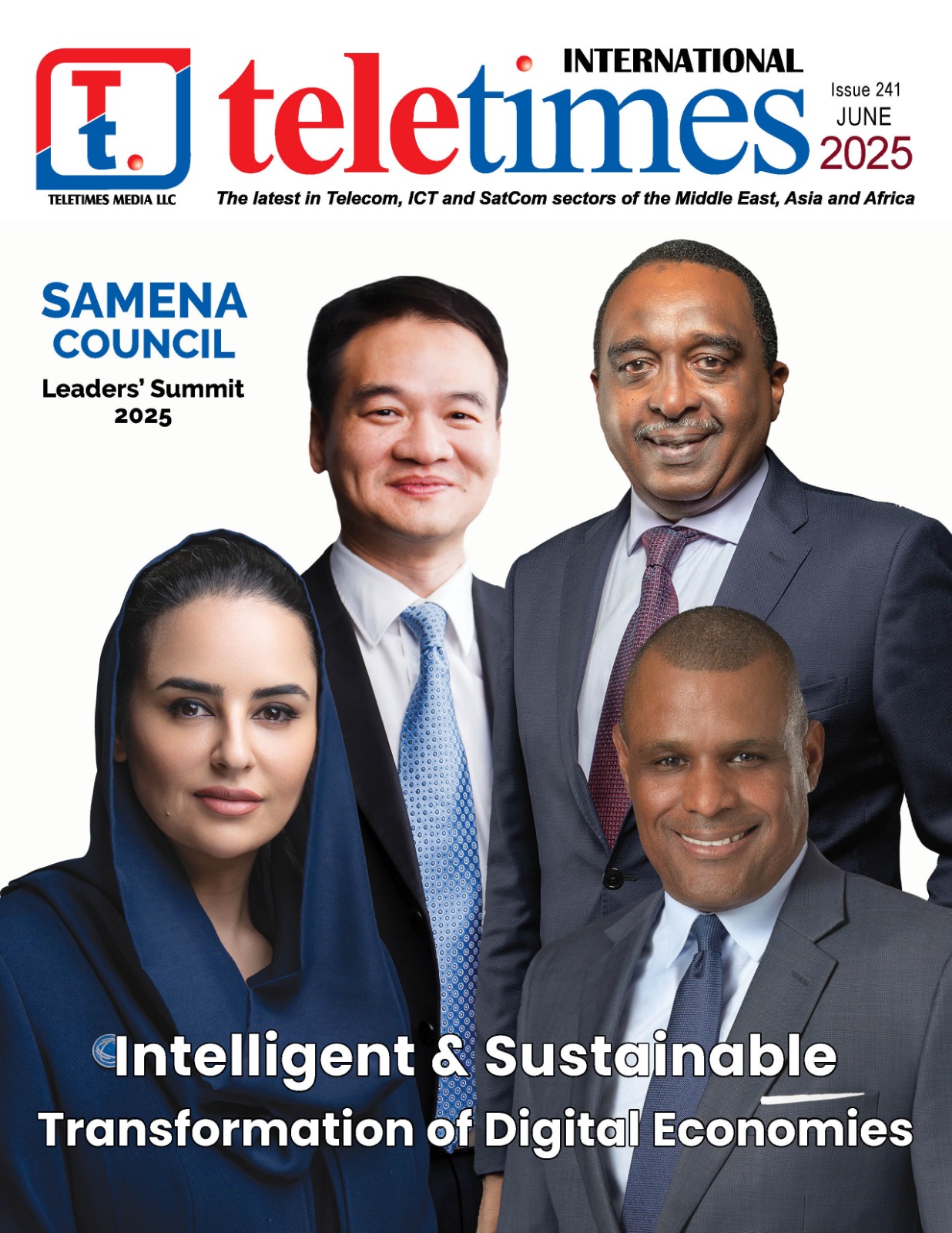Exclusive byline on the back of Huawei’s Win-Win Innovation Week
Steven Yi, Middle East President
Many Middle Eastern countries have set national frameworks for economic growth for the next decade or so. Interestingly, we find numerous parallels between these vision statements and our roadmaps of ICT evolution over the next decade.
Most governments seek to revolutionize key sectors such as healthcare, transportation, finance, and energy, focusing on feeding them with more intelligent capabilities to improve the efficiency of the services they provide as it is the case with remote surgery in healthcare. Meanwhile, driverless cars will have taken over our roads, significantly impacting where and how we live and work. Robots will also take over many manual tasks today, allowing humans more time for creative pursuits and leisure. Achieving these goals, however, requires a significant upgrade of digital ICT technologies.
Infrastructure, especially connectivity, will enable the shift to this digital and intelligent world. While 5G is already powering compelling use cases today, 5.5G technology will underpin the emerging digital sphere by enabling 10Gbps experience and a hundred billion connections.
Huawei first proposed an outline for 5.5G in 2020, and 3GPP officially named the concept. As an upgraded version of 5G, its features such as ubiquitous 10 Gbit/s connectivity, 100 billion connections, intrinsic intelligence, and energy saving capabilities, will power future industries such as the IoV, IoT, robotics, and manufacturing, and serve as a key driving force of the digital
economy. These technologies support real-time, engaging, and more immersive experiences in the digital world and gradually make a 10 Gbps network experience available everywhere on the planet.
5.5G, an enhanced version of 5G, is expected to be put into large-scale commercial use by 2025 to further digitalize the economy and society, and speed up green and intelligent transformations. Looking ahead to 2025, the sheer diversity and magnitude of network service requirements will create huge new market potential. Operators stand to benefit from this evolution. For example, 5.5G sensing technology will create a new market for telecom operators, powering use cases such as smart transportation and low error security.
On the industrial front, digitalization has already entered the fast lane. AI will be fully integrated into enterprise production processes, and the size of the 5.5G IoT market will grow rapidly. Collaboration between robots and people in complex scenarios will impose greater requirements on next-generation industrial field networks. There are numerous scenarios where such technologies can impact our lives. One very special to us at Huawei is the environment protection and energy saving.
The increasing use of ICT technologies in industrial settings will allow 5.5G to contribute more to energy conservation and emissions reduction efforts. According to a report released by Global Electronic Sustainability Association (GeSI), the ICT industry will only account for 1.97% of global carbon emissions by 2030, but the use of advanced ICT technologies in other industries can reduce their carbon emissions by 20%, amounting to a total emissions reduction 10 times greater than what the ICT industry will produce itself.
Like all previous network technologies, 5.5G will require global standardization, creating common frameworks that add value to all. Fragmentation of standardization that arises will create inconvenience and higher costs for users. If GSMA, 3GPP and other standardization organizations work together to develop a unified standard, users will benefit from superior and more affordable services.
Together with its customers and ecosystem partners, Huawei is laying the foundation of the digital economy, helping all industries go digital, building a low-carbon world and promoting sustainable
development, readdressing new challenges in cyber security and privacy protection, and developing digital talent to bridge the digital divide.
We provide innovative technologies, products, and solutions that help customers build open, secure, flexible, and easy-to-use digital platforms, crafting customers own intelligent solutions, and enabling industries to navigate digital transformation and intelligent upgrade.
As industries go digital, new business models and new entities, such as industry knowledge platforms, are emerging. Standards will play a different role in the digital economy. To adapt, we need to change our mindsets, and proactively anticipate and analyze future directions and patterns of industry development, as well as the shape of new ecosystem value chains, their key nodes, and the roles of different players. We need to collaborate with partners from different industries and domains if we are to adapt to the needs and characteristics of each industry. This is the only way to build stronger industry ecosystems faster and make progress in industry digitalization.
The digital economy is changing the way the world creates and distributes value. Businesses are now finding they must strike a balance between business value and social value. The more social value they create through the monetization of business opportunities, the more new business opportunities they are finding. While creating business value for our customers, we recognize the importance of requirements from non-market stakeholders. We work together to create social value that can be shared by all. ICT talent ecosystem and sustainable development remain as our priorities.
Digital economy is, first and foremost, a green economy. Green and low-carbon development has become a globally recognized goal. More and more countries and businesses are increasing investment and transitioning to clean and renewable energy. Building on its experience in power electronics and energy storage, Huawei combines its technical strengths in 5G, cloud, and AI to provide low-carbon or even zero-carbon energy solutions for different industries. We are also helping the energy industry become more intelligent by creating synergies between computing power and electricity.
We are increasing the proportion of electricity generated from clean and renewable energy, optimizing energy supply and demand models, and speeding up the shift to a green and low-carbon energy industry. This will ultimately benefit the entire energy sector and society at large and make green and sustainable development a reality.
We were excited to see Middle East countries prioritize sustainable development and spearhead 5G deployments and the benefits they have accrued so far. Undoubtedly, these pioneers will lead the next era of sustainable connectivity, starting with 5.5G. All stakeholders both in and outside the telecom industry chain now still need to work together on the technological, system, and business verification required to fully harness the potential of 5G-Advanced to bring digital intelligence to all. As the partner of choice for our customers, we will continue to support them to explore use cases and innovative best practices to enable a fully connected, intelligent world that benefits all.


